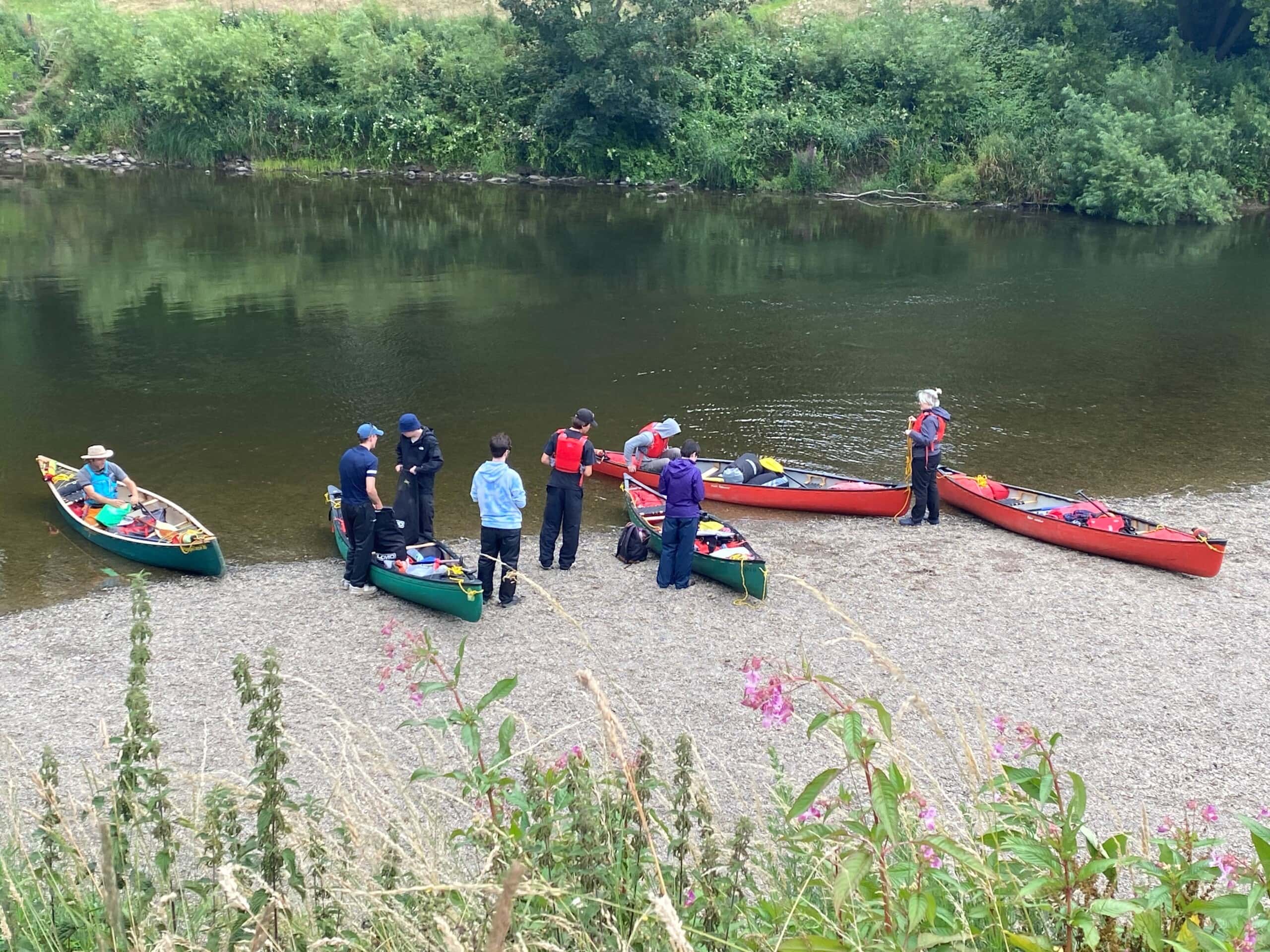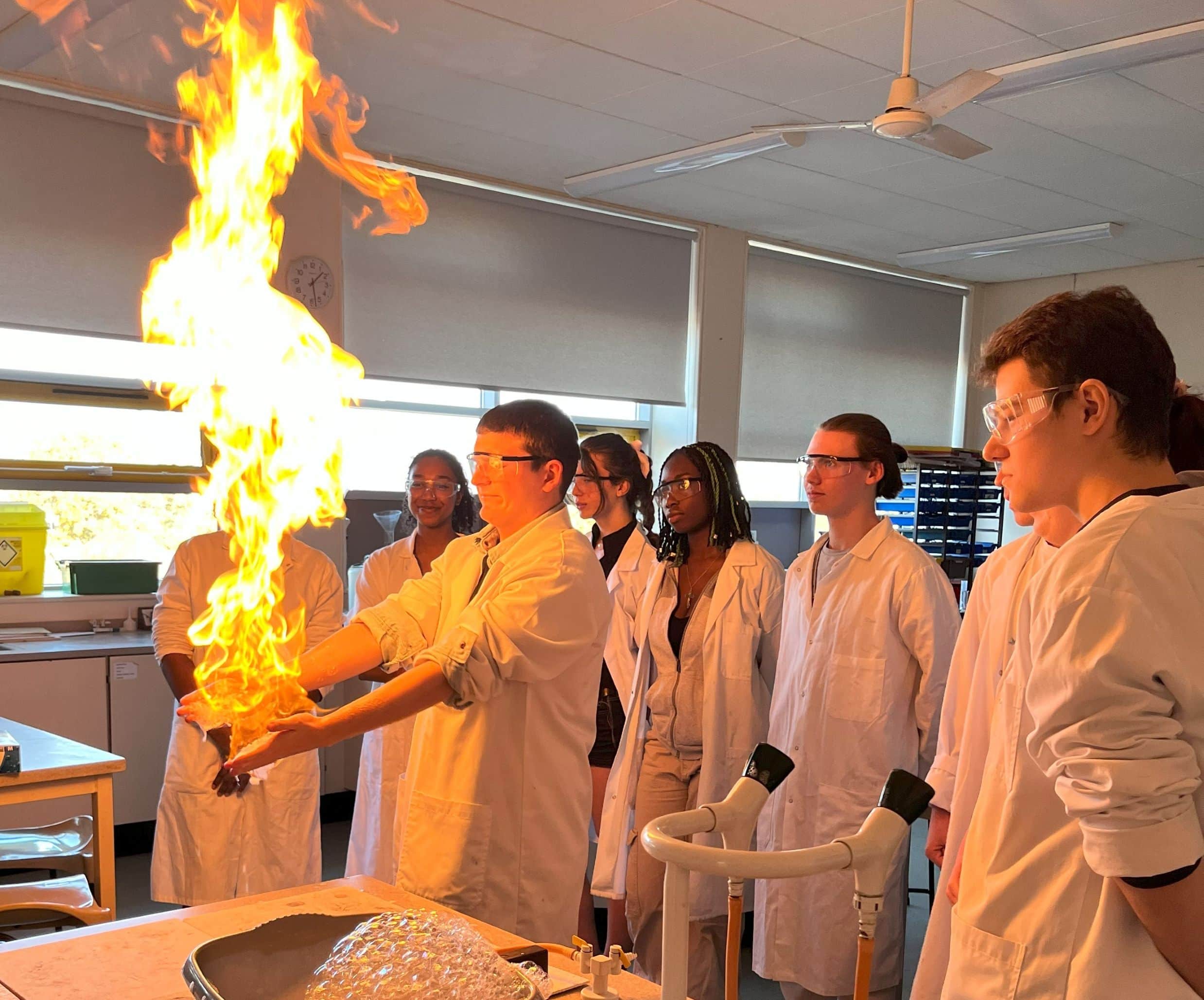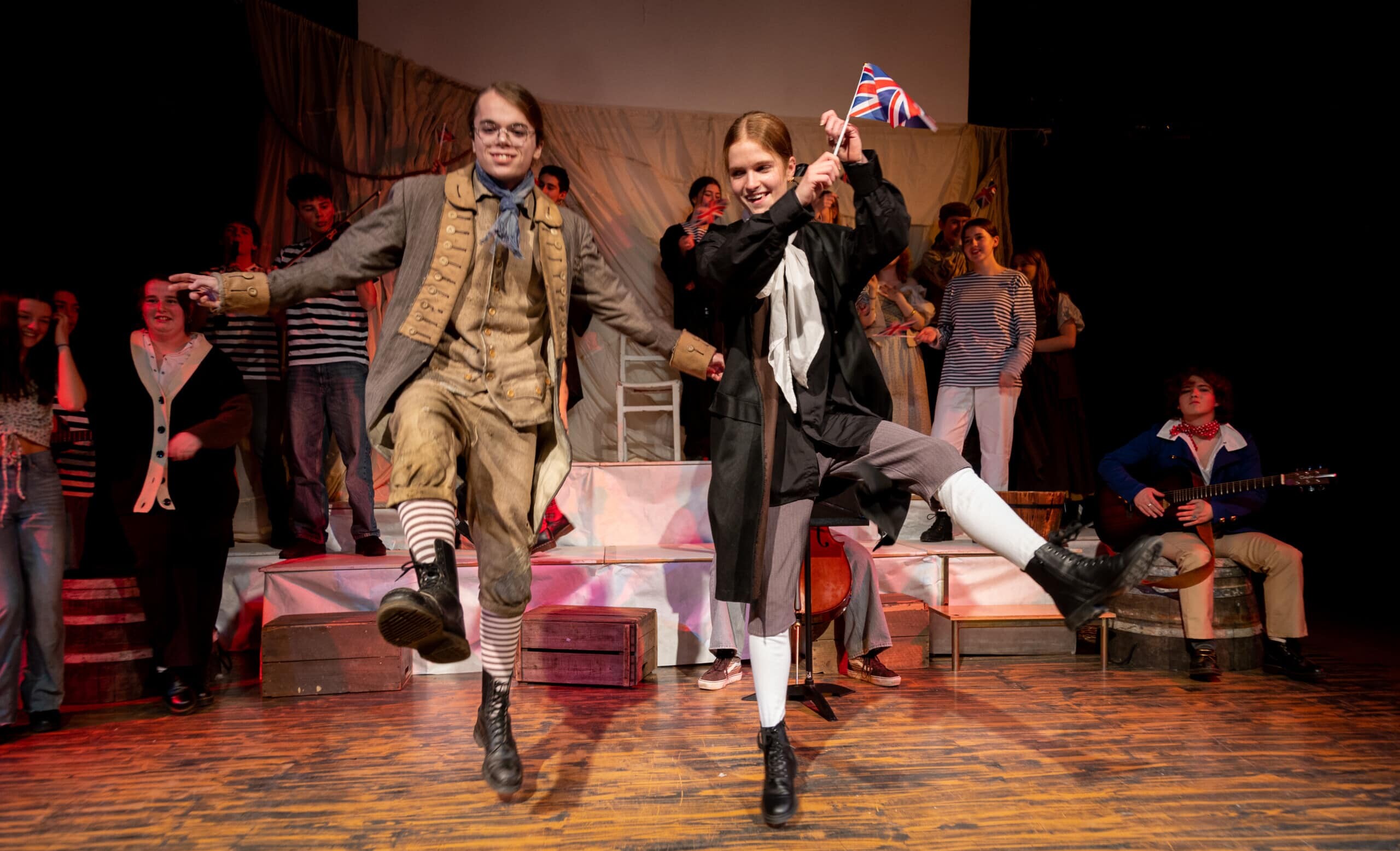Humanities, MFL and Social Sciences
We offer an exciting range of short and long courses to complement your studies.
Not a humanities student? This is a great opportunity to explore a humanities topic and learn something new.
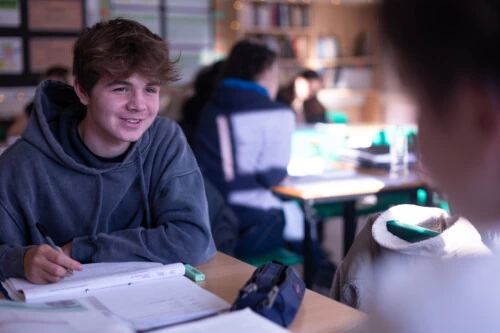
Short Courses
Introduction to Theology

Through a rich theological investigation, which blends insights from theological tradition with the work of literary masters, you will explore and debate some of life’s big questions.
Expect interesting discussions, an exchange of ideas – both historical and contemporary – and a new way of seeing and thinking.
Develop new skills that will be useful in later life such as debating and critical thinking.
History Society

Do you enjoy reading and talking about history?
This weekly History session will deepen your understanding and enjoyment of the History courses at Esher by reading and discussing books such as Wild Swans, Black and British, The Cheese and the Worms and The Unwomanly Face of War, to name a few, as well as the History journals connected to our courses.
Your suggestions for historical books to discuss is also very welcome. Furthermore, we spend time on valuable study skills, essay writing and source skills as well as revision techniques to support your learning during your first year.
This will be an excellent addition to your UCAS personal statement for university.
Designed for 1st year History students but open to all.
Ancient History
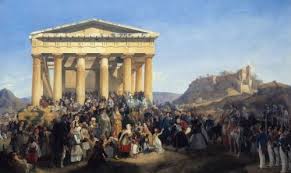
Through studying a wide range of disparate sources this course will investigate the military and political history of ancient Greece and Rome. The course will focus on turbulent events and periods: democratic Athens of the 6th – 4th Century BC, and the collapse of the Roman Republic in the late 1st Century BC.
Spanish for Backpackers
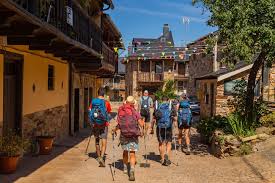
Course Overview: This beginner-level course focuses on developing essential skills in listening, speaking, reading, and writing. It follows a communicative and culture-based approach, allowing students to engage with real-world scenarios.
Topics Covered:
- Greetings and Self-Introduction: Learn how to meet and greet someone, describe yourself, and discuss family, work, and daily life.
- Daily Activities: Explore vocabulary related to work, travel, and holidays.
- Past Events and Celebrations: Discuss past events, health-related issues, and Christmas traditions across Spanish-speaking countries.
- Shopping and Food: Discover essential phrases for shopping and food-related interactions.
- Geography and Culture: Virtually explore the picturesque landscapes of the Spanish-speaking world, including weather, landmarks, and tourist destinations.
This course sets the stage for further Spanish language learning and cultural exploration to understand why Spain is different
Identity and Race

This course is dedicated to understanding the intricate factors that shape our identities.
We’ll explore various elements such as race, culture, nationality, class, and gender, among others. In our exploration of identity and race, we’ll also unravel the effects of globalisation and migration, which can significantly influence our perception of identity.
The objective is to facilitate a comprehensive understanding of these multifaceted concepts and stimulate insightful discussions.
Long Courses
Debating Society

This is a course for learning to refine your ability to argue persuasively and rigorously on a range of current affairs from freedom of speech to feminism to advances in science and technology. This will involve reading some difficult articles, a willingness to speak publicly and engage respectfully with others with differing views. There may be a chance to get involved with a debating competition outside of college as a result.
LGBTQ+ Identity in Popular Culture

On this course you will learn about the history of LGBTQ+ (Lesbian, Gay, Bisexual, Transsexual & Queer/Questioning) culture – particularly within the UK and USA – from the early Twentieth Century through to the present day.
You will look at the gradual integration of LGBTQ+ people into society over time – from prejudice and discrimination to acceptance and inclusion – and how artistic works have mirrored these changes.
In each session we will examine key examples of literature, song, television and film, through class analysis and discussion. You will study the writings of Tennessee Williams, Armistead Maupin, Rita Mae Brown, Sarah Waters and Bernadine Evaristo and the songs of artistes/musicians such as Judy Garland, Boy George, Freddie Mercury, The Pet Shop Boys and KD Lang. T
here will also be an opportunity for you to research your own chosen area of LGBTQ+ history/culture and present your findings to the class.
Come along and get knowledgeable about LGBTQ+ history and culture!
Creative Writing

How might writing about your life change the way you live it? Choose Life Writing to find out. This is an eight-month writing project where I will ask you to put your thoughts, dreams and memories into words. You will choose, always, which of your writing pieces you shape, and when. Your writing might become personal essays, reflections, a diary or you may find you are beginning to turn your experiences into fiction.
There are some requirements. You need to be open to the challenges and demands of writing. We are not mimicking established forms and genres – the shape of your work and the way you express yourself must come from you, with the help of the group and from me.
You must be able to listen to others and want to understand where they are coming from and be willing to write one piece a week.
No experience with writing necessary and you don’t need to like English or see yourself as ‘good’ at it. Please note, you can’t join this course late so you must select as first choice and be willing to commit to participating every week.
So, what will become your material? It might be your reading, your vivid dreams, the people in your life. Maybe you already know the story you have to tell. Let’s pick up a pen and see where the first sentence leads us. Anything is possible.
Model United Nations

Model United Nations (also known as simply “MUN”) is an educational activity where students participate in a simulation of bodies within the United Nations system. Participants research a country, take roles as diplomats, investigate international issues, deliberate, consult, lead discussion and then develop solutions to world issues. You should have an interest in international affairs.
Throughout the year, we will cover contemporary political, economic, media, environmental, health, scientific and human rights issues affecting the entire world. The breadth of issues covered should allow you to take a lead on issues that are of most interest to you no matter what your subject combinations are. Skills developed on this course include team work, leadership, strategic thinking, technical writing and speech making.
Russian for Beginners

Здравствуйте! Вы говорите по русски? Zdrasvuytsye! Vy Gavarite Pa Russky?
Hello! Do you speak Russian?
The ‘Russian for Beginners’ will teach you the Cyrillic (Russian) alphabet, but that is only the beginning.
Through simple texts, film clips and songs, you will pick up beginners’ Russian. That should be fun in its own right, and, if you like the language and want to take it further, it will provide an excellent base.
Paprobite! Try it!
Literary Society
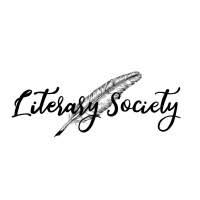
Do you love reading and thinking outside of the box?
Would you like to develop and share your thoughts about the way in which literature has adapted stories from the past?
In the Literary Society complementary study, we will engage with the most exciting and influential voices from the ancient Greeks to present day. We will also read articles and journals from secondary sources and discuss their interpretations. You will need to come with your opinions and be willing to debate.
Your suggestions for books/journals to discuss is also very welcome and encouraged.
This will be an excellent addition to your UCAS personal statement for university, especially for those wishing to study literature.
Latin
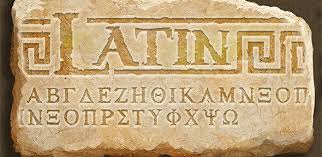
This course will introduce the key components of Latin grammar and aims to build confidence with the language to the point where you can translate passages from the literature of the ancient Romans. The study of Latin will also promote plentiful discussion about a culture that has shaped the modern world but remains quite strikingly different from our own.
Law Pathway

If you are interested in pursuing a career in law, whether as a solicitor or a barrister, the Law Pathway is for you. Learn about different routes into a legal career, hear from visiting speakers who are experts in the field and participate in a visit to Kingston Crown Court to witness the legal system in action. You will also take part in the Bar Mock Trials at a Crown Court -this event involves competing against teams from other schools and sixth forms and helps young people understand how the law touches every aspect of their lives, gaining an insight into how the legal justice system works. You will prepare legal arguments and take part in a regional heat to prosecute and defend the cases. Winning teams will then compete in a national final. The aim of the Law Pathway is to encourage students to think critically, build arguments and oracy skills, and boost confidence and employability. The course will help students develop a sound knowledge and understanding of the role of law and the justice system in our society.
Geography Society
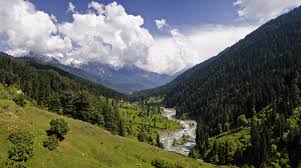
Ever heard of the Kuril Islands or wondered what life is like in Jammu and Kashmir? If you are interested in extending your Geography knowledge, perhaps with a view to studying the subject at university or just have a desire to find out more about geographical issues and unusual places, then the Geography challenge class could be just what you are looking for. Each week you will develop your knowledge and understanding about a part of the world or an issue that is outside of your A level course and develop your skills of analysis and evaluation using resources from the Royal Geographical Society and beyond. This course will be especially useful for students interested in applying to competitive universities.
English Excellence
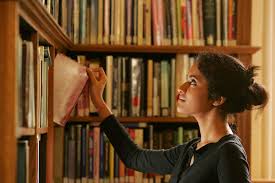
If you are interested in developing your English knowledge beyond the core curriculum, especially with a view to study the subject at a competitive, high-tariff university, this course is for you.
Some high-tariff universities have specific admissions processes, which have changed in recent years. For example, universities, such as Oxbridge and Cambridge, are changing their use of ELAT in 2024. This pathway supports students as they navigate their way through the university application process. In addition to support regarding the administration of applications, this pathway will enable you to develop your approaches to interviews and the preparation of examples of your work.
Extended Project Qualification (EPQ)

What is the course about?
The EPQ is an opportunity for you to carry out a research project in an area that interests you.
There are two ways to achieve an EPQ qualification:
- Write a 5,000 word report based on your research (EPS)
- Create an artefact (e.g. a fashion piece, a film, a song) and a written report based on your research (EPC)
With either option you must also document how your project develops in a logbook and give a presentation about your project. The Extended Project Qualification is highly regarded by Universities and completing the qualification will help you to develop your skills of planning, research, time management and self-reflection.
If you want to pursue a creative or performance related course/career pathway after College and want to build up a portfolio of work then you should enrol on the EPQ creative version of the course.
Who should consider this option?
If you are very keen to explore an area of interest in a subject further, or explore links between the subjects you study, then this is for you. You must have high degree of self-motivation, be able to work independently and be willing to carry out extensive research.
